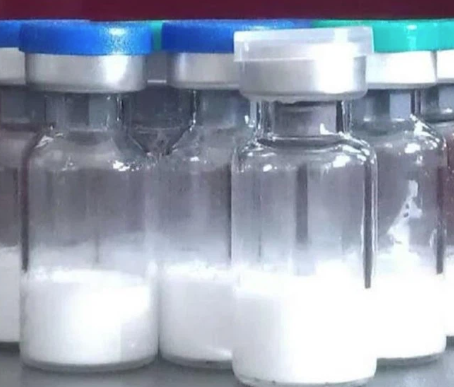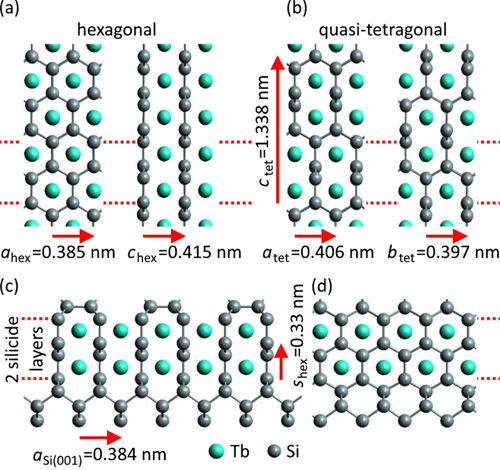Pros and cons of Ceramides for human health: Skin function and Cardiovascular disease
Jun 14,2024
Ceramides constitute a simple subtype of sphingolipids composed of a variable-length fatty acid and an amino group (a sphingoid base, usually sphingosine). Their unique structure, highly hydrophobic with a small side chain, enable them to function well both as a structural membrane component and signaling molecule. Under physiologic conditions, they range from short chain (C6:0) to very long chain (VLC) (C26:0), although longer chain ceramides are more commonly found in mammalian cells.
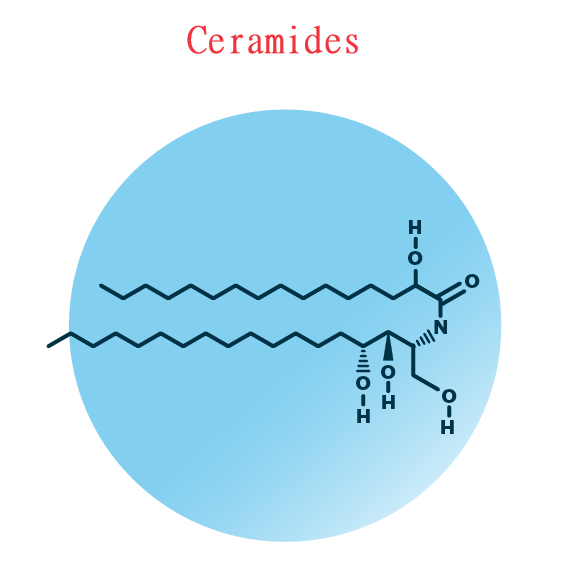
Ceramide biosynthesis can occur through
three distinct pathways: de novo, sphingomyelin hydrolysis, or
sphingolipid salvage. De novo synthesis occurs in the
endoplasmic reticulum (ER) and involves ceramide synthases
(CerS) as well as serine palmitoyl-transferase (SPT), which
catalyzes the rate-limiting step and is inhibited by the drug
myriocin. In another pathway, sphingomyelinase (SMase)
hydrolyzes sphingomyelin to form ceramide. Finally, in the
salvage pathway, alkaline ceramidase (ACER), which is
inhibited by the drug D-erythro-MAPP, and acid ceramidase
(AC) work in the endolysosomal system to regenerate ceramide
from sphingosine.
Benefits of Ceramides for the skin
Ceramides are the main lipid component of the lamellar sheets in the cellular interstices of the stratum corneum and an important part of the epidermal barrier system, making up 30% ~ 40% of the outer layer of the skin or epidermis. Ceramides play an important role in maintaining skin hydration and preventing the skin from being attacked by the external environment (microorganisms, toxins, and pollutants). In addition, it helps to repair skin damage, slow down aging and protect against UV rays. Ceramides are commonly used as a moisturising ingredient in skincare products and are added to products such as moisturisers, creams, serums and toners.
Role of Ceramides in Cardiovascular Disease
Recent studies have shown that Ceramides are strongly associated with obesity, diabetes and cardiovascular disease (CVD). Increased Ceramides levels are known to be associated with impaired cardiovascular and metabolic health. Higher levels of ceramides are associated with lower levels of adiponectin as well as leptin and insulin resistance, suggesting that these sphingolipids contribute to cardiovascular, liver and adipose tissue dysfunction. Studies in rodents have also shown that ceramides also increase the risk of heart disease.
Another study showed that accumulation of ceramides led to
arteriolar dilation by inflammatory mediators, while
overexpression of ceramidase, exogenous adiponectin, or
exogenous sphingosine-1-phosphate (a byproduct of ceramide
degradation) led to healthy arteriolar dilation. This is
important because dysfunction in small vessels often causes or
contributes to chronic diseases and their complications,
including diabetes mellitus and coronary artery disease.
References:
[1] BIANCA C FIELD Philipp E S Ruth Gordillo. The Role of Ceramides in Diabetes and Cardiovascular Disease Regulation of Ceramides by Adipokines.[J]. Frontiers in Endocrinology, 2020. DOI:10.3389/fendo.2020.569250.
- Related articles
- Related Qustion
- What you need to know about ceramides? Apr 17, 2024
Ceramides are fats or lipids that are found in skin cells. They comprise 30% to 40% of your outer skin layer or epidermis.
- A moisturizing ingredient that repairs the skin barrier - ceramide Sep 30, 2022
Ceramide, a special type of oily wax, actually the word ceramide comes from the Latin word cera, which means wax.Ceramide works on the skin, it repairs the skin barrier and reduces moisture loss.
Eptifibatide (Integrilin), a disulfide-linked cyclic peptide, is a short-acting and reversible inhibitor of platelet aggregation.....
Jun 14,2024Biochemical EngineeringTerbium silicide (TbSi2) is a silicide. Its TbSi2 nanowires are potential materials for applications in nanoelectronic devices. TbSi2 is crystalline with a hexagonal or tetragonal structure.....
Jun 14,2024APICeramides
100403-19-8You may like
- Ceramide NP1
-
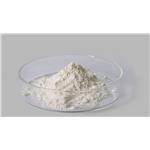
- $0.00 / 1kg
- 2024-07-12
- CAS:
- Min. Order: 0.1kg
- Purity: 94.6%
- Supply Ability: 2000kgs
- Ceramide NS
-
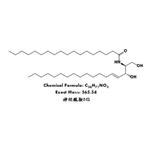
- $0.00 / 1kg
- 2024-07-12
- CAS:100403-19-8
- Min. Order: 0.10000000149011612kg
- Purity: 97.7%
- Supply Ability: 20000kgs
- Ceramide AS
-
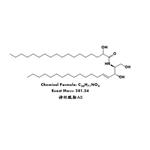
- $0.00 / 1kg
- 2024-07-11
- CAS:100403-19-8
- Min. Order: 0.10000000149011612kg
- Purity: 97.1%
- Supply Ability: 20000kgs




